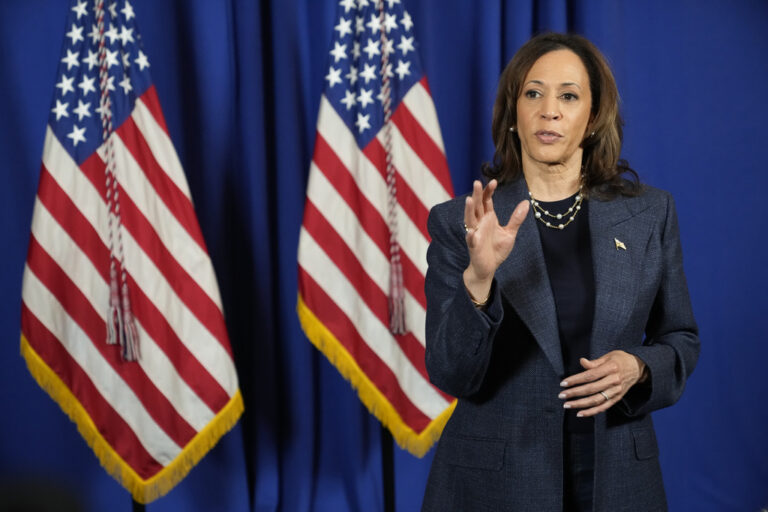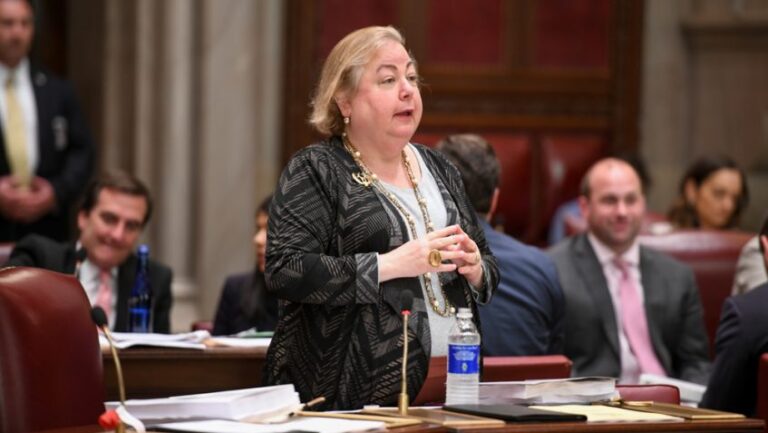Several Biden Cabinet members, including the chairman of the Joint Chiefs of Staff, received a letter Friday from House Republicans as they launched the second investigation into the chaotic U.S. withdrawal from Afghanistan.
Rep. James Comer, R-Ky., the chairman of the House Oversight Committee, sent a series of letters to senior leadership at the White House, Department of Defense, State Department and others requesting a tranche of documents related to the end of America’s longest war.
“The Biden Administration was tragically unprepared for the Afghanistan withdrawal and their decisions in the region directly resulted in a national security and humanitarian catastrophe,” Comer said in a statement. “Every relevant department and agency should be prepared to cooperate and provide all requested information.”
Republicans have been vowing to press President Joe Biden’s administration on what went wrong as the Taliban swept to power in Afghanistan in August 2021 and the U.S. left scores of Americans and thousands of Afghans who helped them over the years in grave danger. Now with the power of the gavel, GOP lawmakers are elevating that criticism into aggressive congressional oversight, and on a topic that has been met with bipartisan support in the past.
In a statement, the State Department said that while it does not comment on congressional correspondence, the agency is committed to working with congressional committees.
“As of November 2022, the Department has provided more than 150 briefings to bipartisan Members and staff on Afghanistan policy since the withdrawal of U.S. forces from Afghanistan,” the statement continued. The White House did not immediately respond to a request for comment.
The letters Friday come nearly one month after Rep. Mike McCaul, the chairman of the House Foreign Affairs Committee, opened his own investigation into the deadly withdrawal, requesting documents from Secretary of State Antony Blinken.
McCaul’s letter outlined a request for all communications around the lead-up to pulling U.S. troops out of Afghanistan. He also made it clear that his committee, which has jurisdiction over the matter, also plans to investigate the after-effects of the withdrawal, including on the hundreds of thousands of Afghan allies left behind.
The Trump administration agreed late in its term to withdraw U.S. forces from Afghanistan in May 2021, with the former president saying in 2020, “Now it’s time for somebody else to do that work.” But Republicans are intent on reminding Americans that it was Biden who was in charge when the Taliban took over.
And the criticism over the issue began in a bipartisan manner, with several Democrat-led committees pledging to investigate what went wrong in the days and weeks after the withdrawal.
U.S. officials have said they were surprised by the quick collapse of the military and the government, prompting sharp congressional criticism of the intelligence community for failing to foresee it.
In a congressional hearing last spring, senators questioned whether there is a need to reform how intelligence agencies assess a foreign military’s will to fight. Lawmakers pointed to two key examples: U.S. intelligence believed that the Kabul government would hold on for months against the Taliban, and more recently believed that Ukraine’s forces would quickly fall to Russia’s invasion. Both were wrong.
Military and defense leaders have said the Afghanistan collapse was built on years of missteps, as the U.S. struggled to find a successful way to train and equip Afghan forces.
Last year, a watchdog group concluded it was decisions by Trump and Biden to pull all U.S. troops out of Afghanistan that were key factors in the collapse of that nation’s military.
The report by the Special Inspector General for Afghanistan Reconstruction, or SIGAR, mirrors assertions made by senior Pentagon and military leaders in the aftermath of the withdrawal. Military leaders have made it clear that their recommendation was to leave about 2,500 U.S. troops in the country, but that plan was not approved.
In February 2020, the Trump administration signed an agreement with the Taliban in Doha, Qatar, in which the U.S. promised to fully withdraw its troops by May 2021. The Taliban committed to several conditions, including stopping attacks on American and coalition forces. The stated objective was to promote a peace negotiation between the Taliban and the Afghan government, but that diplomatic effort never gained traction before Biden took office in January 2022.
(AP)












One Response
America and her people…..you are not forgiven…..my family and members yes, of all religious communities and those who keep shabbos…..those who are blessed FFB…..to the remainder , unless you are gifted with greatness and chested…..you are evil…corrupt and responsible for what is happening to date